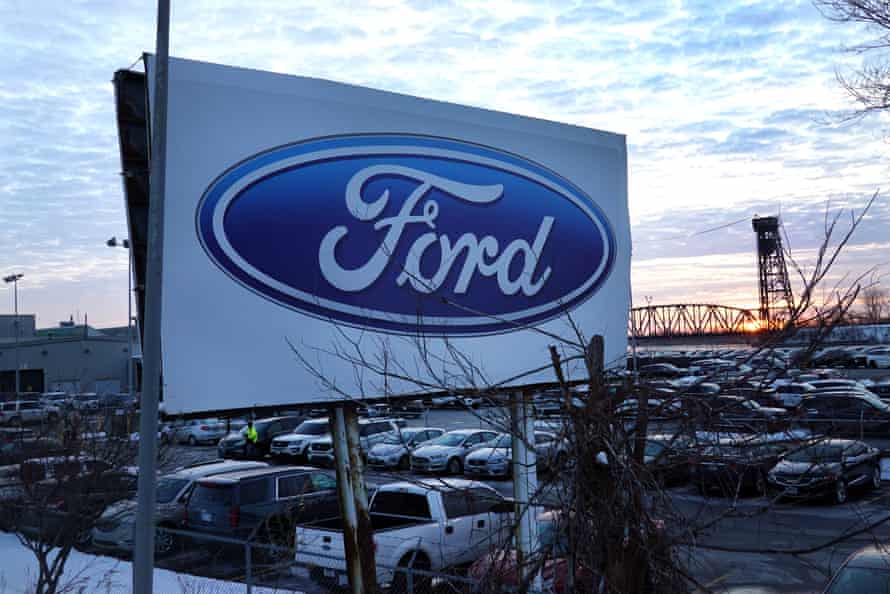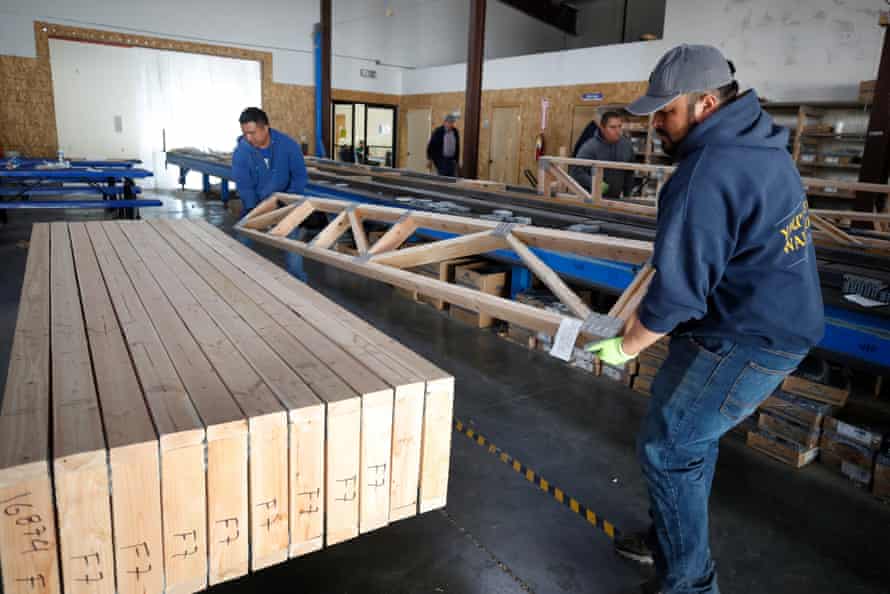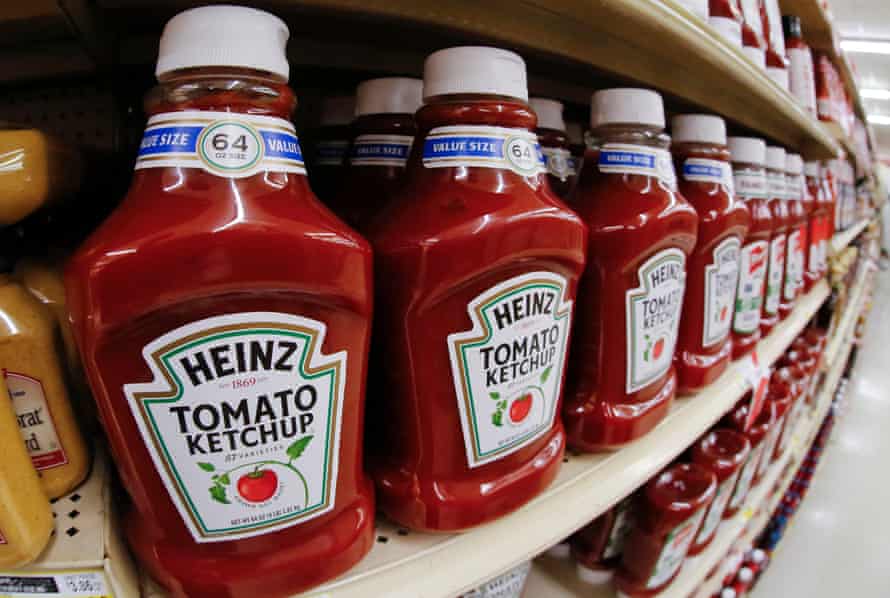The coronavirus pandemic triggered all kinds of shortages with demand for items from toilet paper and puzzles to baking yeast soaring as people struggled to adjust to life under lockdown. Now the lockdowns are receding. The shortages? Not so much.
Demand for items that people want in their post-lockdown lives has outstripped supply and, along with supply chain issues, has sent consumer prices soaring and created a strange patchwork of expensive, or unavailable, items.
Here are some of the things that are currently experiencing pandemic-related shortages.
Microchips
Supply chain issues and an uptick in demand for electronics has meant microchip manufacturers are having a hard time meeting the demand for microchips. While consumer electronic companies such as Samsung and LG said that the shortage will likely impact their production quantities, car manufacturers have been hardest hit by the short supply, leading to a shortage of …

Cars
The shortage of microchips has forced many car manufacturers to severely slow production even as demand for new cars has soared. The price of a new car is up almost 10%, averaging nearly $40,000, compared to the past two years.
Experts say that auto manufacturers are slightly to blame as some companies, anticipating a drop in demand for new cars, canceled orders for semiconductors. While automakers rushed to push out orders for new chips, the companies are in the back of a long line of companies demanding the same.
According to MarketWatch, car manufacturer Ford said that, until June, it expects to produce only half of the number of vehicles it would usually produce. Other car manufacturers such as GM, Volkswagen and Jaguar Land Rover have had to suspend production because of the microchip shortage.
With fewer new cars out on the market, those looking to buy cars for their post-vaccine summer trips are turning to used vehicles. For the first time ever, the average price for a used car surpassed $25,000 in April, nearly $3,000 more than the average price during the same time last year. Rental car companies such as Hertz and Enterprise have resorted to purchasing used cars since new cars are in such short supply.
Lumber
Spending more time at home and low mortgage rates has driven up demand for home renovations and new homes, causing a surprising boom in the lumber industry.

Sawmill owners have been reporting record profits this year, with lumber being a record four times its usual price. A shortage of trees is not the problem – timber growers in the south are actually experiencing a surplus – rather the sawmill companies that turn the wood into lumber have been struggling to keep up with demand.
Chicken
Multiple chain restaurants have reported skyrocketing poultry prices in the last few months as more people are eating out and fast food companies try to stake out territory in the “chicken sandwich wars”.
“Demand for the new sandwich has been so strong that, coupled with general tightening in domestic chicken supply, our main challenge has been keeping up with that demand,” said David Gibbs, CEO of KFC parent company Yum Brands, to the Washington Post of the brand’s new chicken sandwich released in January.
The release of the sandwich is KFC’s attempt to compete in a crowded field of competitors, largely dominated by Popeyes and Chick-fil-A’s uber-popular fried chicken sandwiches. Other fast food chains such as McDonald’s have also pushed out new fried chicken sandwiches in recent months due to the sandwich’s popularity.
Ketchup
And even if you were able to nab a chicken sandwich, you may be disappointed to see a lack of ketchup packets with your meal as the popular sauce has also been scarce in restaurants over the last few months. Not to worry, though, as Kraft Heinz, the producer of the majority of ketchup in the US, told Yahoo! Finance that supply should become stabilized in the next few weeks.

Chlorine
Swimming in a pool may be a little less hygienic and a lot more expensive this summer due to a national shortage of chlorine. Production of the chemical was halted following a fire at a major chemical plant in Louisiana that was the US’s largest supplier of chlorine tablets. The shortage follows an unprecedented surge in demand that was also seen last summer. Chlorine prices are expected to shoot up 70% this summer compared to last year, with the price of tablets already doubling in some parts of the country.
“I call it ‘Poolmageddon’. It’s a chlorine crisis,” said Rudy Stankowitz, CEO of Aquatic Facility Training & Consultants in Florida, to CNBC. “A lot of people are not going to be able to find the chlorine tablets they need this season.”
This content first appear on the guardian
